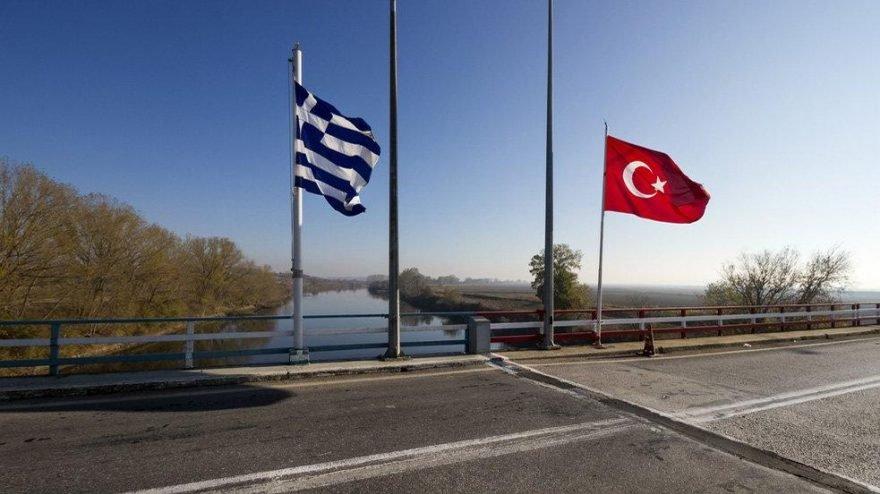« Turkish minister claims Greek border guards pushed back people whose bodies were ‘stripped of shoes and clothes’ » says Helena Smith in The Guardian.
The bodies of 12 refugees believed to have frozen to death have been found in an area straddling Turkey’s frontier with Greece, igniting a war of words between the two countries.
After the bodies were found on Wednesday, Ankara’s interior minister, Süleyman Soylu, accused Greek guards of deliberately pushing the refugees back across the border. Several reportedly showed signs of frostbite while some were found near the İpsala crossing point “without shoes and stripped of their clothes”, he tweeted.
Soylu said the dead had been among a group of 22 people pushed back into Turkey, and shared blurry photographs of eight of the recovered bodies, including three in just shorts and T-shirts.
“They behave like thugs,” he said of the Greek border patrols, while accusing the EU of being “helpless, weak and inhumane”.
Greece’s migration minister, Notis Mitarachi, rejected any suggestion of Hellenic frontier units forcibly expelling the refugees.
“The death of 12 migrants at the Turkish border near Ipsala is a tragedy. But the truth behind this incident bears no resemblance to the false propaganda pushed out by my counterpart,” he said in a statement.
“These specific migrants never made it to the border. Any suggestion they did, or indeed were pushed back into Turkey, is utter nonsense.”
Mitarachi said that instead of making “baseless claims” Ankara should uphold its commitment to stop such “dangerous journeys”, referring to a deal reached between the EU and Turkey to stem migrant flows. “Turkey should assume its responsibilities if we want to prevent such tragedies from occurring again,” he said.
Information on where the refugees were from, or when they had made the perilous crossing, was not released. But officials in the Turkish border city of Edirne clarified that among the dead was a migrant who had submitted to frostbite after being rushed to the local hospital.
This is not the first time that the two regional adversaries – long at loggerheads over an array of disputes – have argued over the fate of migrants crossing their shared land and sea frontiers.
But friction over the problem has worsened since early 2020, when a border crisis erupted after Turkey’s president, Recep Tayyip Erdoğan, encouraged thousands of asylum seekers to enter Europe via Greece.
NGOs have also stepped up criticism of Athens, saying despite persistent denials they have collated ever more proof of the pushbacks.
The practice of turning away people seeking international protection is illegal under domestic, EU and international law.
On Wednesday Nils Muižnieks, Amnesty International’s Europe director, said the group had documented evidence of collective expulsions occurring since 2013, describing them as de facto migration policy.
Greece had always rejected the accusations with “anger, frustration and denial”, he told a virtual conference organised by the European Centre for Constitutional and Human Rights. “But my own view is that pushbacks have become more brazen, not just at borders but deep into Greek territory,” said Muižnieks, a former commissioner for human rights at the Council of Europe.
In an atmosphere that had become ever more permissive because of limited monitoring, reports of people being injured or strip-searched had also increased. “Much more violence is being used. We’re hearing of broken spines, hands and strip searches,” he added.
While Turkey hosts about 3.7 million Syrian refugees and is regarded as a major transit route for those fleeing poverty and war in Africa, Asia and the Middle East, Greece is seen as the easiest gateway into the EU.
Since Athens reinforced Aegean sea borders after the 2020 crisis, growing numbers of refugees have elected to cross into the country via its north-eastern land frontier with Turkey, despite Greek authorities also erecting a 40km steel wall last year along the border.
The Guardian, February 2, 2022, Helena Smith

